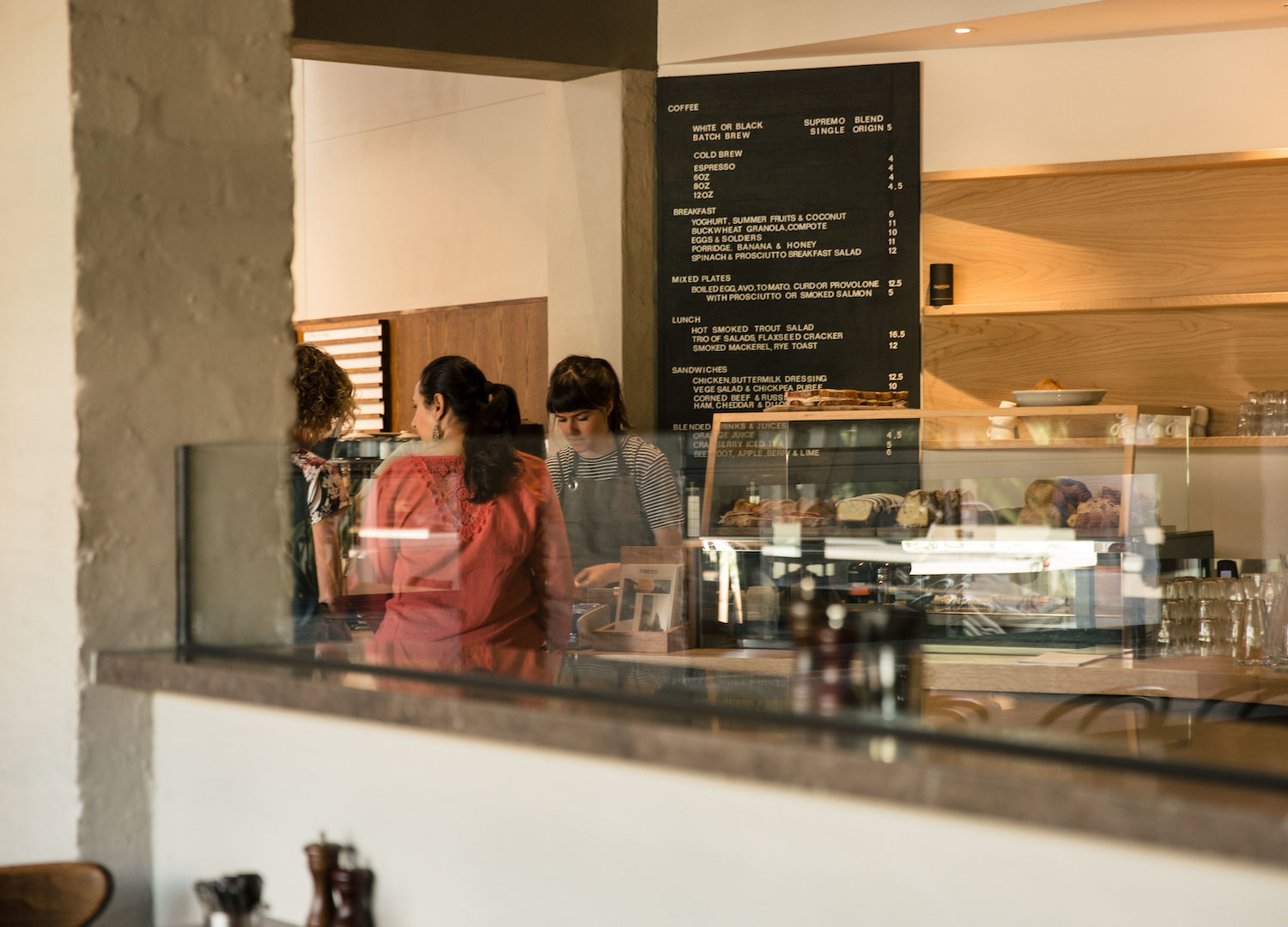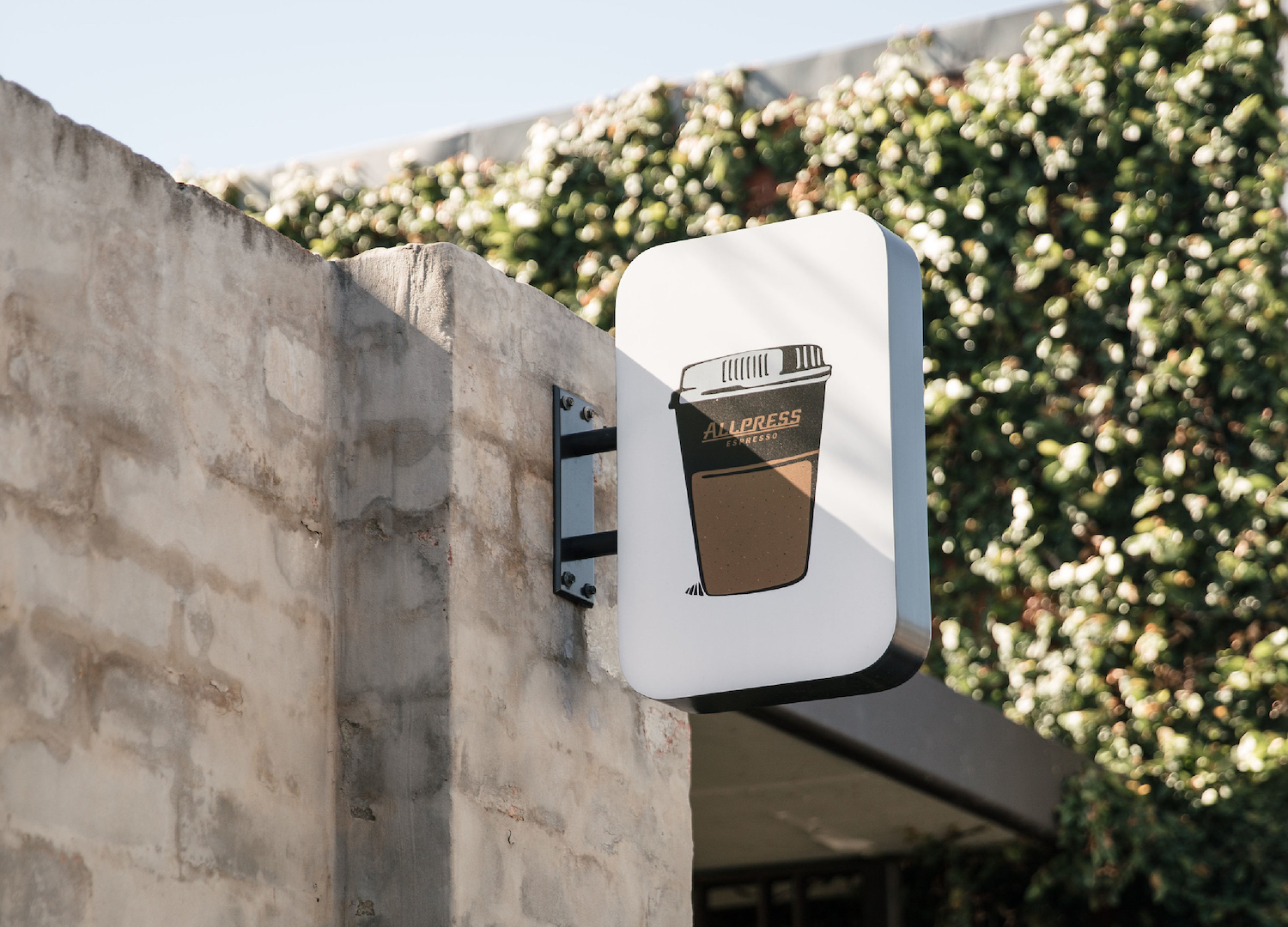
Can Your Morning Routine Make You a Better Person?
Embracing a daily routine doesn’t have to involve waking up at 2.30am and eating three turkey burgers for second breakfast (looking at you Mark Wahlberg). The smallest of things – like making your bed or walking to your local cafe to grab a coffee – can cement a positive mindset when it feels like the rest of your world is coming unstuck.
Here, as part of a partnership with our friends at Allpress, we chat with Dr Rebecca Ray about the power of routines to learn whether our morning coffees are actually making us better people.
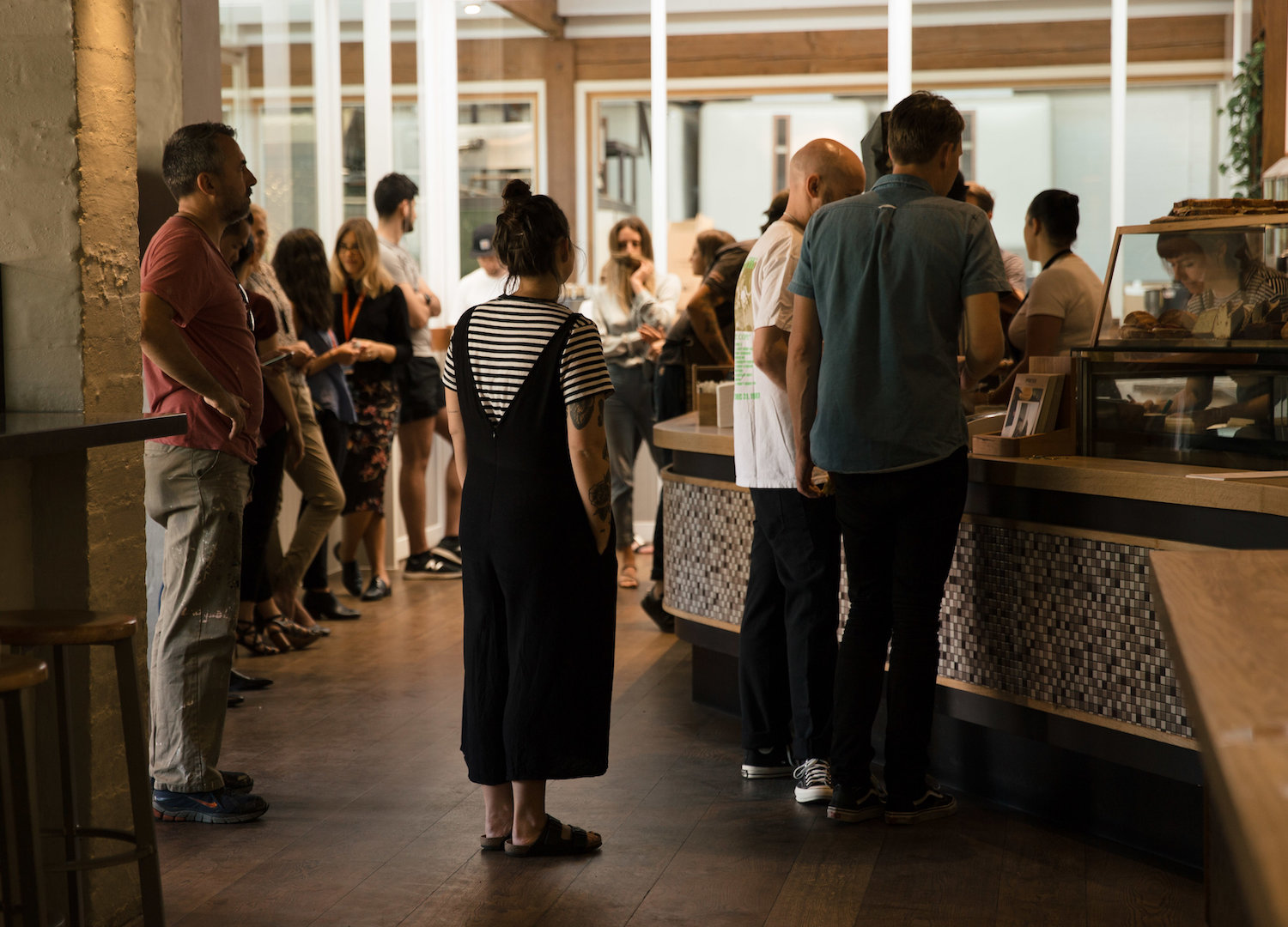
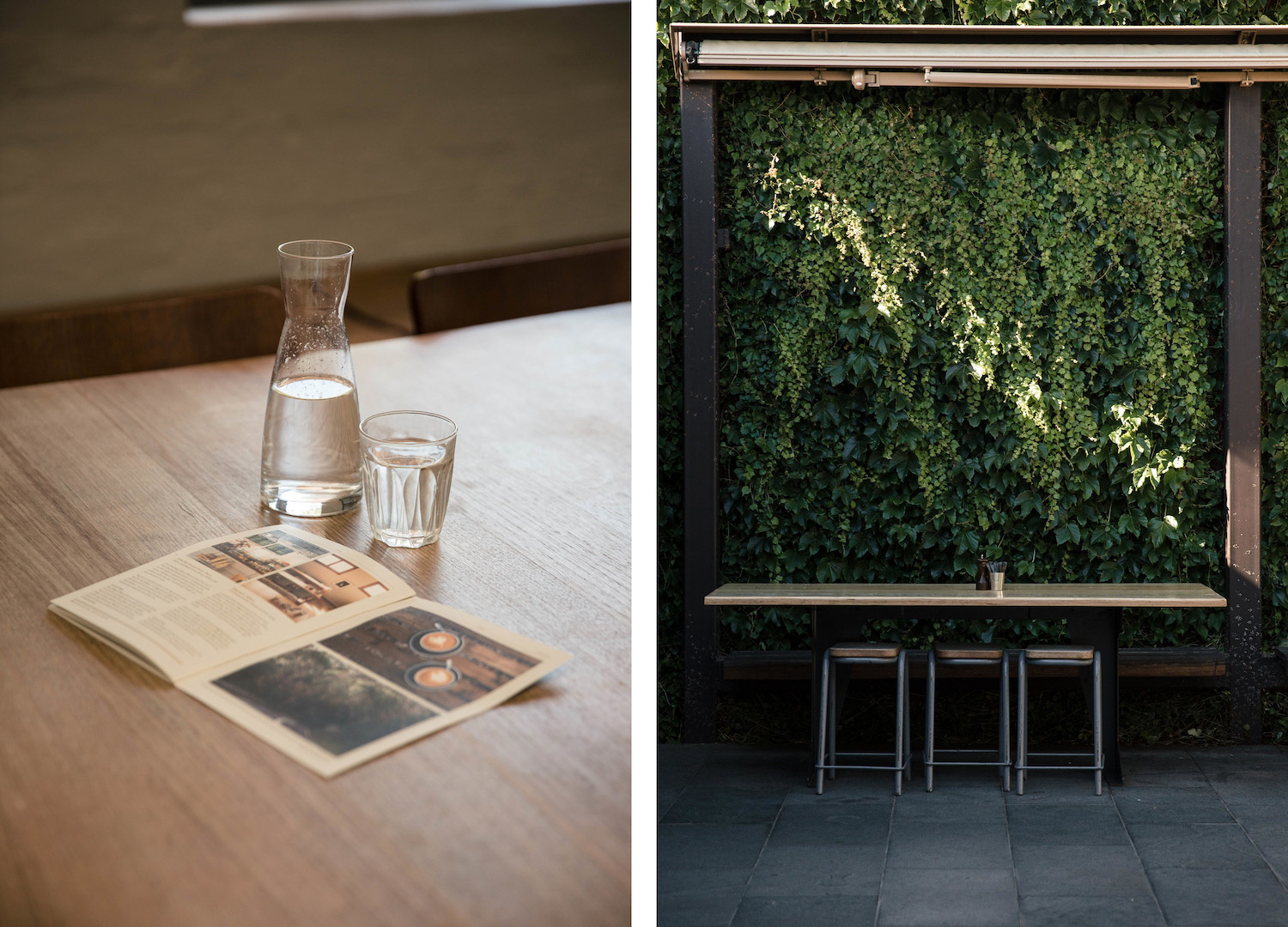
“Daily routines provide structure and predictability in an uncertain world,” clinical psychologist Dr Rebecca Ray shares. “They are intentional actions we carry out in a sequence that feed our brain’s love of knowing what comes next. Assuming the daily routines are self-supporting and healthy, they help us cultivate mental wellness because they calm the limbic (fear) system in the brain which helps to lower anxiety and stress and create a sense of groundedness.”
READ MORE: FILL YOUR CUP – THE SALT MILL
Whether you have one thing you always do (like getting an iced latte on oat milk) or have an entire 12-step routine, starting off the day with some type of ritual that helps you feel more grounded can help set the tone for the rest of the day. It’s why for so many of us, the local cafe isn’t just a source of essential caffeine – it’s a daily dose of connection as well.
The local cafe isn’t just a source of essential caffeine – it’s a daily dose of connection as well.
At the most basic level, we need habits in order to cope. Ensuring you feel part of your local community can take it one step further, raising your spirits and filling your cup. This repetition builds our trust and, in turn, builds a world around us. “Habits occur at a largely unconscious and automatic level,” Rebecca explains. “They become so ingrained in our actions that we can do them without much conscious effort at all. Routines are more intentional and driven by conscious choices we make across a series of actions in sequence.”
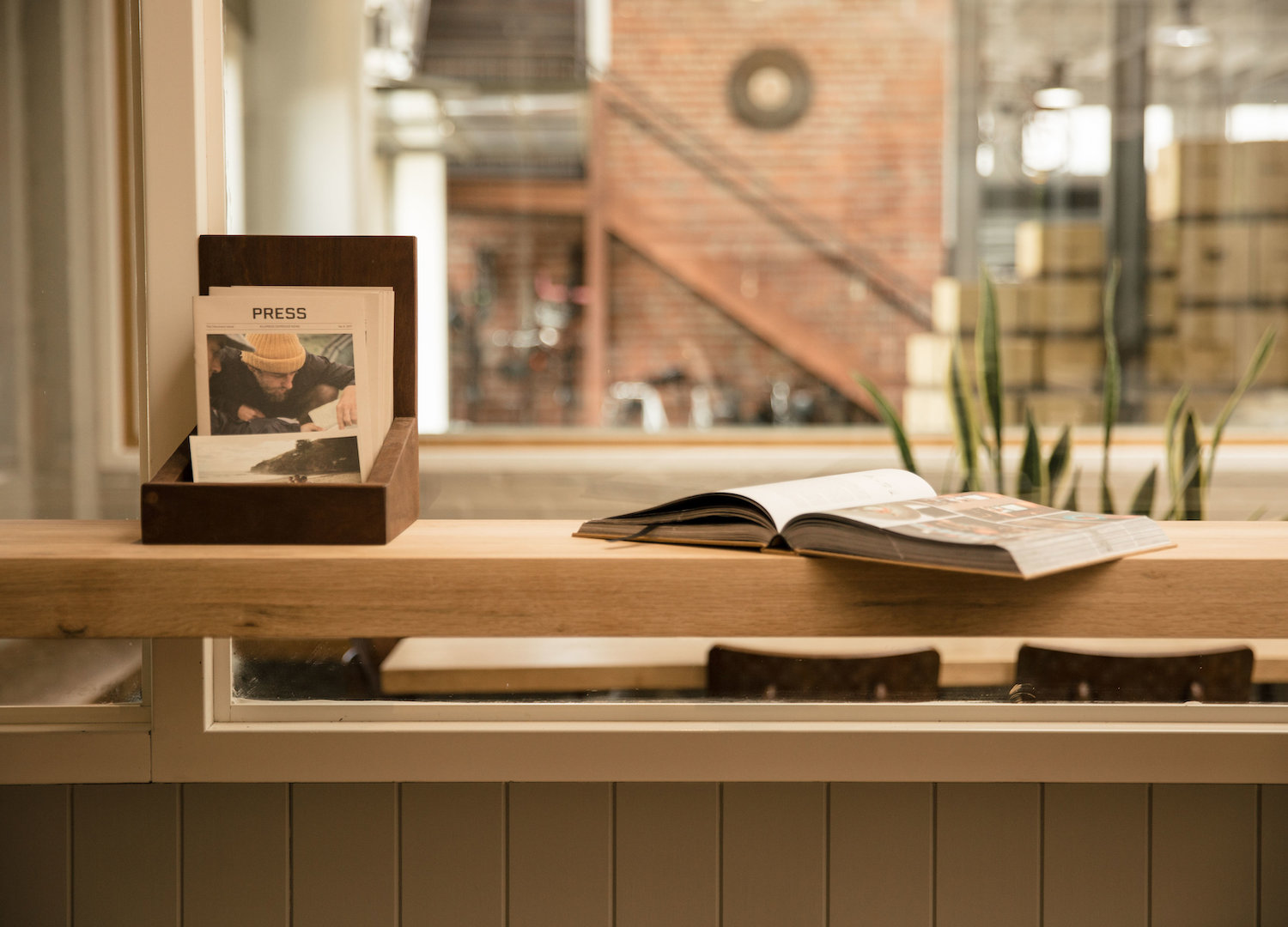
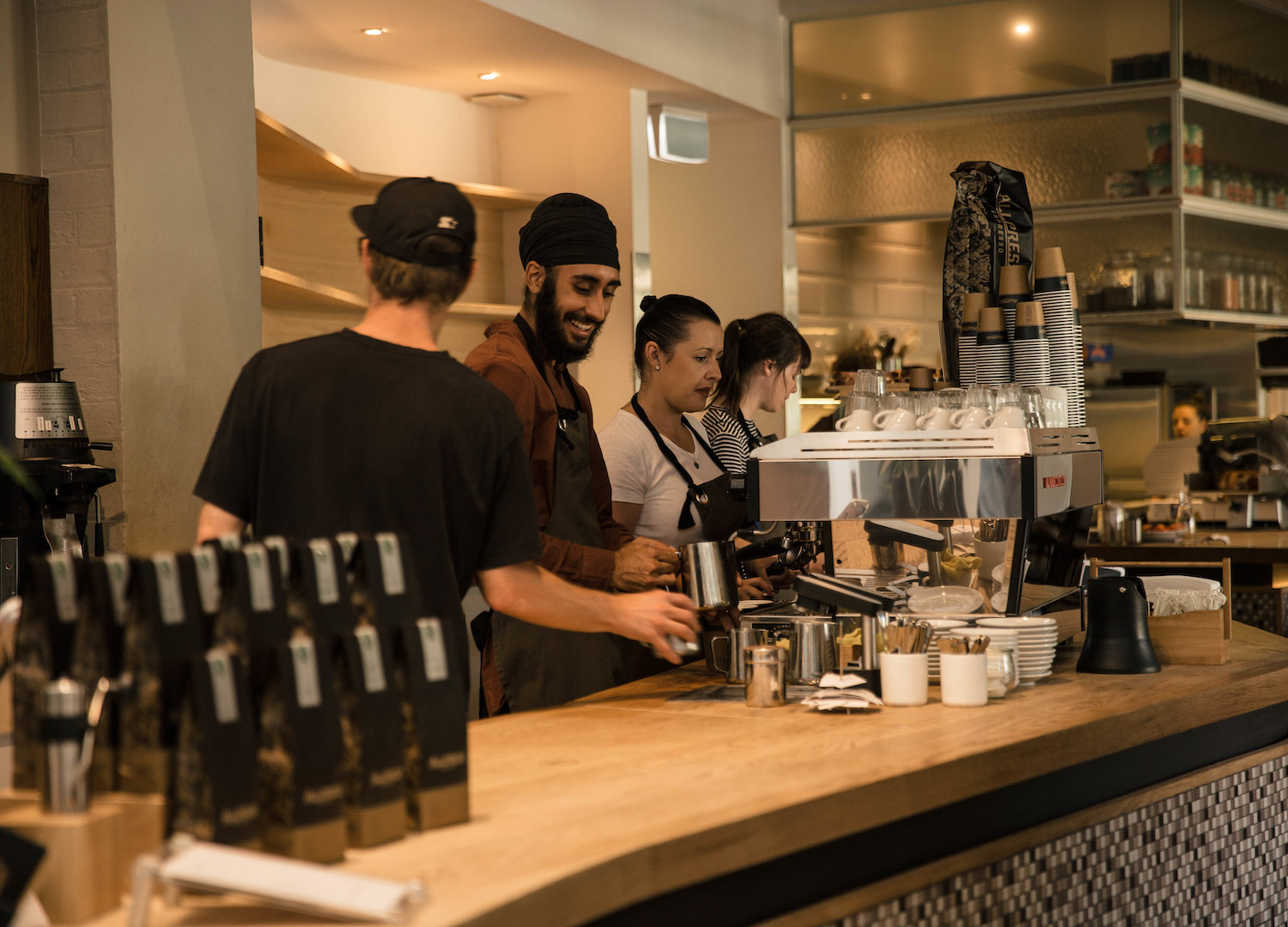
Furthermore, things as simple as making our bed or walking to the coffee shop every morning can actually help our productivity and feelings of self-worth. “Small actions like these trip the dopamine switch in our brains – the neurochemical in our brains that gives a sense of reward, pleasure and motivation to repeat the action again because it feels good,” Rebecca says. “Little routines like making the bed, having a shower and going for a walk are self-supporting and, therefore, give a big dopamine hit. Do these things in the morning and you’ll strengthen your willpower for the rest of the day for whatever you need to do or achieve. Having a series of self-supporting routines in your day also helps to solidify your relationship with yourself, and therefore, your sense of worthiness, because you are living in alignment with values that respect and care for you. They also build self-trust, in that you are doing the things you say you want to do. It’s one thing to think about the routines you wish you did in a day, and quite another thing to actually do them. Brains respond to evidence!”
Having a series of self-supporting routines in your day also helps to solidify your relationship with yourself, and therefore, your sense of worthiness, because you are living in alignment with values that respect and care for you.
An ideal morning looks different for everyone, and there isn’t one single formula for a successful routine (although we would argue that a coffee always helps). Since there are so many different ways to start your day, the key is figuring out what works for you. Rebecca has three top tips for incorporating healthy routines into our daily lives:
READ MORE: THE DAILY RHYTHM // HARVEST
“Start small. This uses what psychologists call the science of small wins. Create a tiny action that can give you a small, quick win and then once this is easy, add another action to the sequence.
Next, reduce the chance that decision paralysis (the overwhelm caused by too many options) might derail you by planning ahead. Trying to eat well? Plan the next day’s meals the night before so you don’t have to decide what it is that you’ll eat when you’re starving at each meal time.
And finally, make it workable. Don’t expect yourself to go for a swim at the local pool at seven in the morning if the demands of your kiddos’ morning readiness for school mean that you’ll be stressed, overwhelmed and maybe end up late. This negatively reinforces your brain who will then mark ‘swim in the morning’ as bad and you’ll be unable to sustain it. Choose actions that you can fit in your day seamlessly. Doing so guarantees that you’ll make your brain happy and motivated to do it again!”
